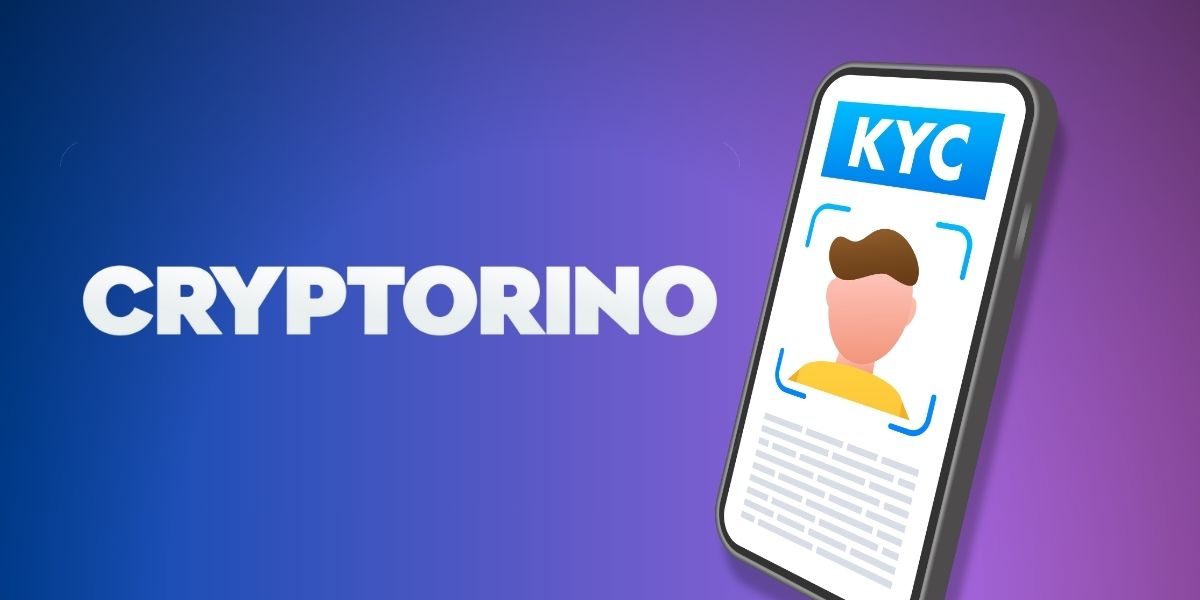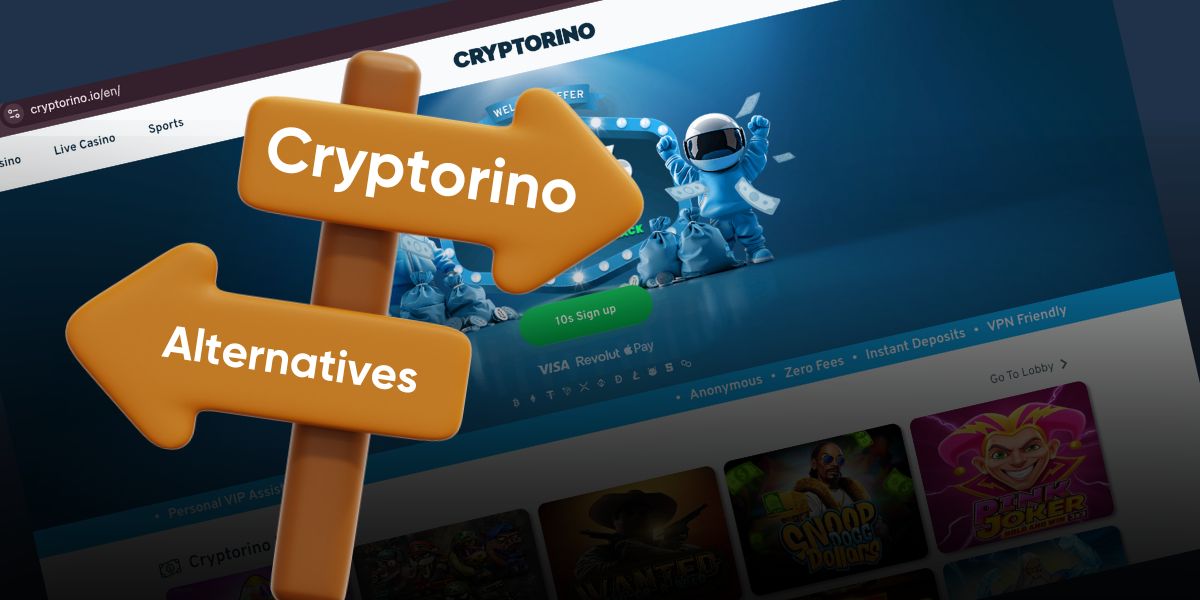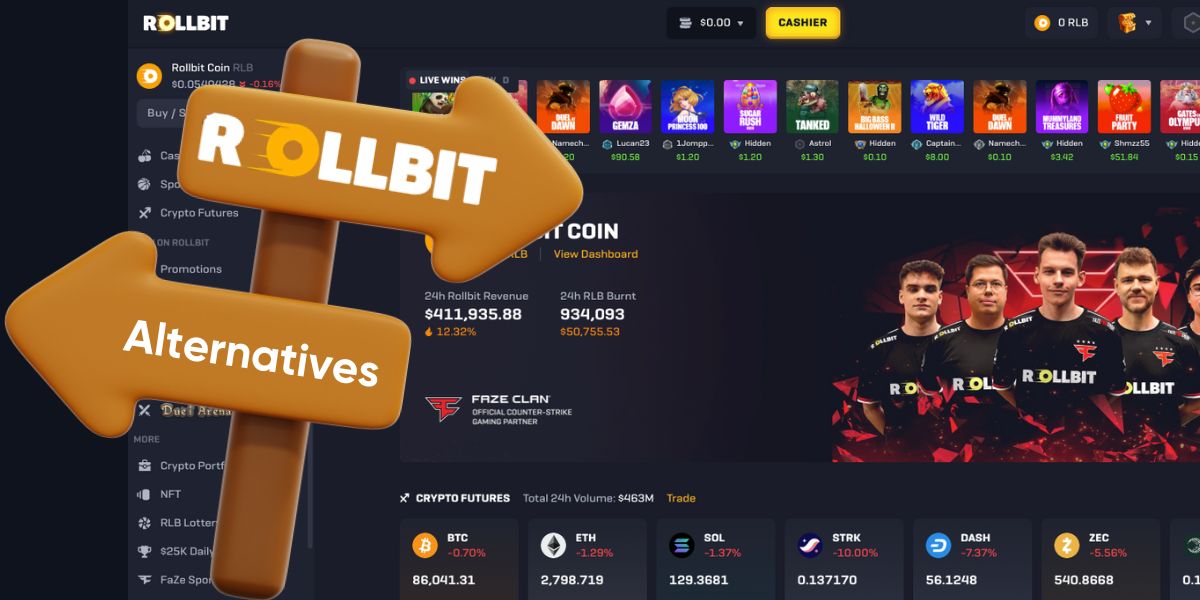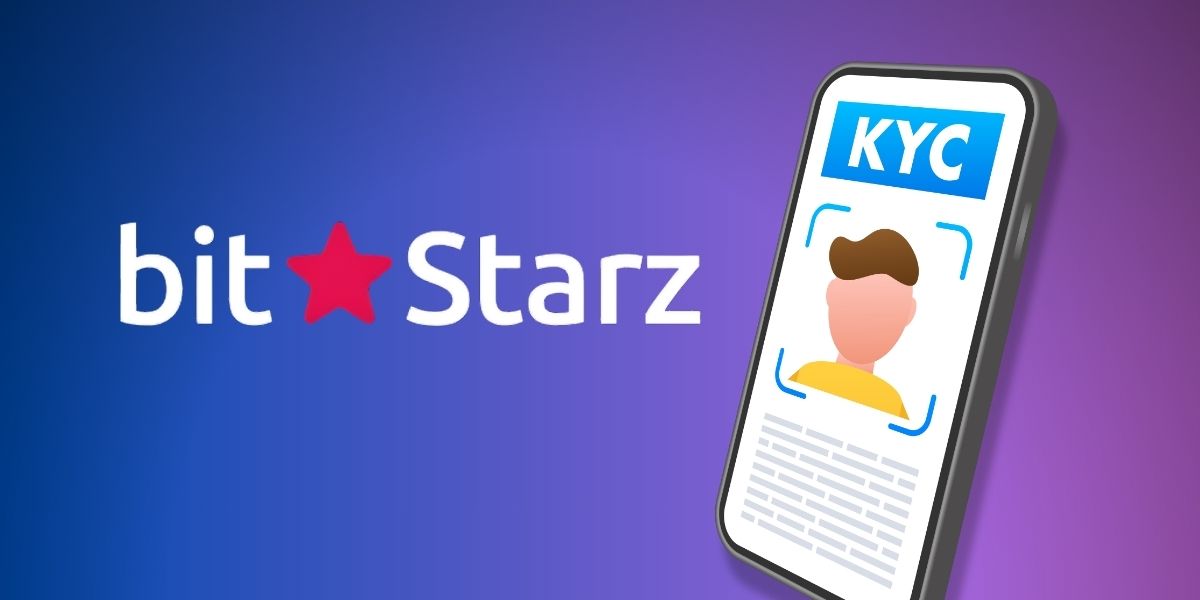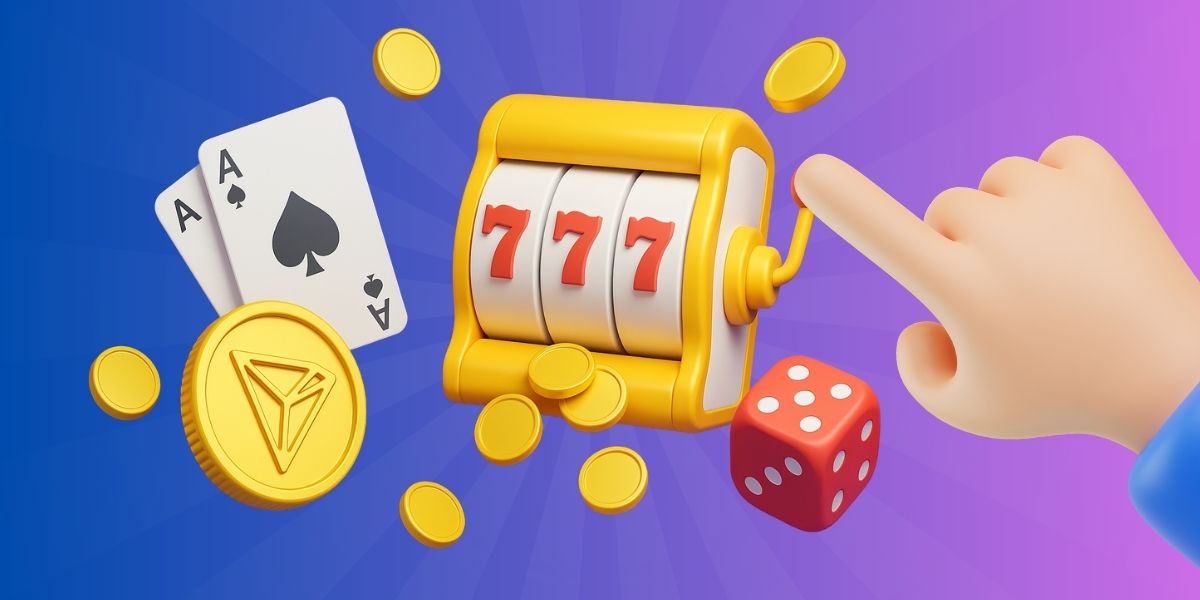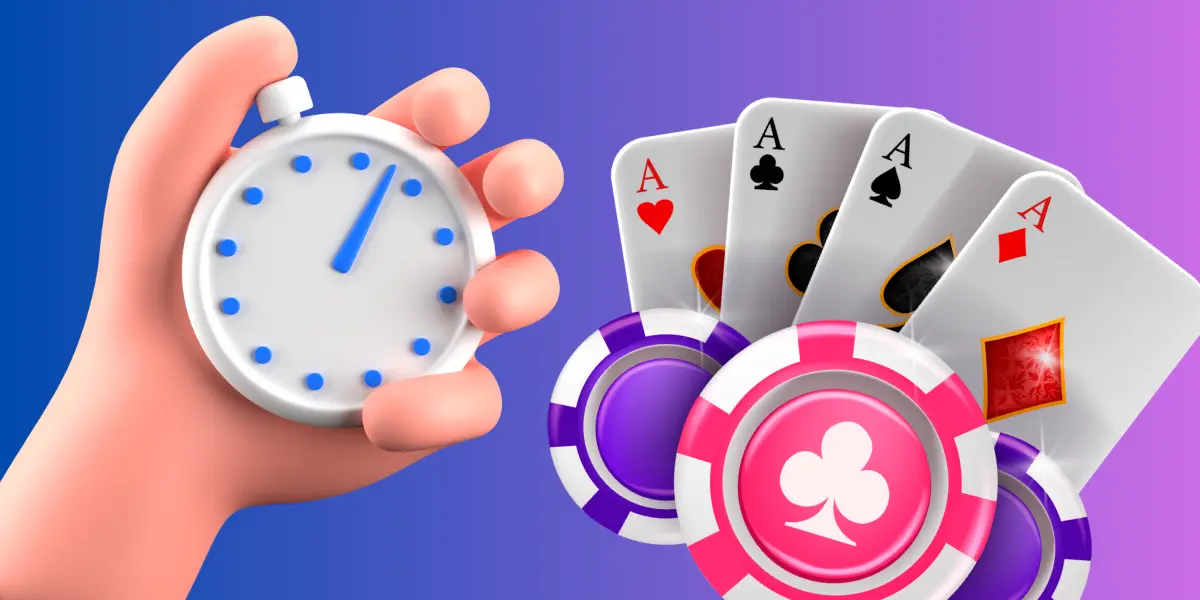
From Decentralized to Crypto: How Blockchain Changed Gambling
Blockchain technology has redefined many industries, and the gambling sector is no exception. With its promise of transparency, fairness, and decentralization, blockchain initially seemed like the perfect fit for online casinos.
The introduction of decentralized casinos, built on decentralized apps (Dapps), sparked excitement with their potential to revolutionize gambling. However, not all decentralized casinos achieved mainstream success.
Casinos Blockchain analyzed 90 casinos (including fully decentralized and partly decentralized platforms) from 2018 to 2024 to uncover insights into their evolution and performance.
We’ll share those interesting findings and discuss blockchain’s impact on gambling as a whole.
Key Takeaways 🔑
- Blockchain technology revolutionized gambling, but many decentralized casinos struggled due to scalability, speed, and regulatory challenges.
- Fully decentralized casinos have a better survival rate: 64.29% of fully decentralized casinos are still operational, but 66.67% of partly decentralized casinos have closed.
- Crypto casinos emerged as the dominant force, blending blockchain’s transparency with traditional user-friendly features.
- 11.11% of decentralized casinos converted to crypto casinos, likely to adapt to regulatory and market demands.
- Blockchain’s impact endures in gambling through innovations like provably fair games and crypto-based payments
The Beginnings: CryptoKitties and Beyond
Blockchain’s entrance into the gambling industry didn’t start with casinos—it began with the concept of digital ownership.
One of the earliest instances of blockchain’s impact on gaming came with CryptoKitties in 2017.
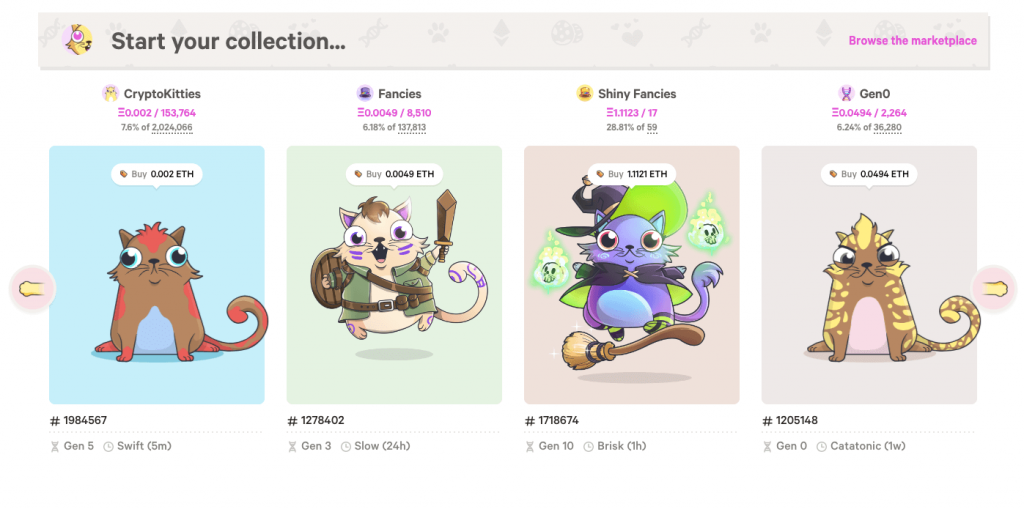
The popularity of CryptoKitties not only congested the Ethereum network, but also demonstrated the potential for blockchain technology to enable the ownership and trade of digital assets. This led to new financial ecosystems within gaming.
Blockchain’s Principles Applied to Gambling
Inspired by this wave of digital ownership, developers began to imagine the possibilities for blockchain within the gambling sector.
In traditional online gambling, trust issues persist: players often wonder whether they are receiving fair outcomes, and payouts are sometimes delayed or questioned.
Blockchain technology, with its transparent and immutable ledger, seemed to offer a solution.
Smart contracts, which are self-executing contracts where the terms are directly written into code, were introduced to handle automated transactions in gambling.
This allowed casinos to provide games where the outcomes were provably fair, as anyone could audit the underlying code.
The idea of cutting out intermediaries, such as traditional casinos or financial institutions, held massive appeal, leading to the birth of decentralized casinos or casino Dapps (also known as Web3 casinos).
Before we move on, I need to make a distinction between two types of platforms that fall within the ‘decentralized’ category:
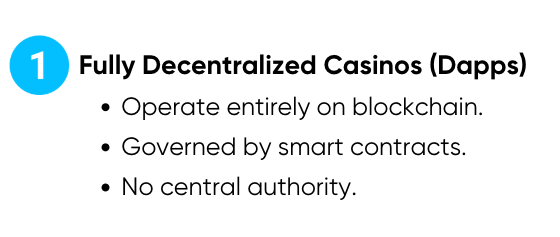
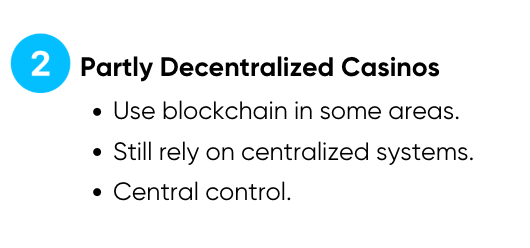
The Rise and Resilience of Decentralized Casinos
Back in 2018, decentralized casinos seemed like the future. They promised to address many of the issues present in traditional gambling:
- Transparency: Every transaction, game outcome, and payout was visible on the blockchain ledger, open for verification by anyone. This eliminated the need to trust a centralized authority.
- Fairness: Smart contracts guaranteed that games operated according to their rules, ensuring that results couldn’t be manipulated by the casino.
- No intermediaries: Players and operators interacted directly with each other through blockchain protocols, theoretically reducing fees and speeding up transactions.
Each of these platforms was fully decentralized and operated using blockchain to provide transparency and fairness to players.
- CasinoFair utilized the FUNToken to create a fully decentralized platform for gambling, with a focus on user fairness.
- Moonbet attempted to integrate community ownership, where token holders had a say in the platform’s development and profits.
- Earnbet, one of the more successful decentralized casinos, promised a decentralized house edge, verifiable games, and community-driven profit sharing through token ownership.
Challenges and Limitations of Casino Dapps
Unfortunately, even the best-laid plans go awry, as Robert Burns said. This was the case with decentralized casinos, as well, which suffered challenges like:
Slow Processing Times ❗
Blockchain transactions are processed by miners or validators and added to the blockchain in blocks. This validation process, while secure, introduces latency. On Dapps, where players expect real-time outcomes, the slow speed of blockchain confirmations caused frustration.
Scalability Issues ❗
As decentralized casino platforms gained more users, scalability became an issue. Most blockchains are not optimized for large-scale operations, and as the number of transactions increased, network congestion often caused delays.
Ethereum, in particular, struggled with scalability issues, which were a significant factor in the decline of many casino dapps.
Regulatory Uncertainty❗
Another major challenge was navigating the murky waters of regulation. Decentralized casinos operated outside traditional legal frameworks, making it difficult to enforce consumer protections or resolve disputes.
Regulatory bodies in many countries saw decentralized gambling as a gray area or outright illegal, which limited the growth of these platforms.
Fully Decentralized Casinos Have a Better Survival Rate Than Partly Decentralized Casinos
Despite all the issues Dapps have faced, our analysis showed that they have a much better survival rate than partly decentralized casinos:
- 27 out of 42 Dapps analyzed (64.29%) are still operational.
- 32 out of 48 partly decentralized casinos analyzed (66.67%) have closed.
Why is this case? We can’t say for certain, but we can speculate:
The Emergence of Crypto Casinos
As decentralized casinos grew, a new and simpler breed of gambling platforms began to flourish: crypto casinos.
Unlike their fully or partly decentralized predecessors, these casinos operate much like traditional online casinos but with one key difference:
They accept cryptocurrencies like Bitcoin, Ethereum, and others as payment and often integrate blockchain for provably fair gaming.
The Appeal of Crypto Casinos
Crypto casinos succeeded in areas where decentralized casinos fell short. These include:
- Regulation and Compliance: Crypto casinos tend to operate under more defined regulatory frameworks than decentralized apps. Most crypto casinos incorporate Know Your Customer (KYC) protocols, making them more trustworthy in the eyes of regulators. While this means less anonymity compared to Dapps, it provides users with more security and a safety net in case of disputes.
- Scalability and Performance: Crypto casinos don’t rely on blockchain for every bet. Instead, they typically use traditional databases to manage gameplay, ensuring instant bet processing and faster transaction times. Blockchain is only used for deposits and withdrawals, avoiding the high gas fees and slow processing times of fully decentralized platforms.
- Better User Experience: Crypto casinos offer the sleek, intuitive interfaces that players expect from traditional online casinos. The process of depositing cryptocurrency is straightforward, and many platforms support a wide range of coins, from Bitcoin to lesser-known altcoins. This user-friendly approach has allowed crypto casinos to attract a broader audience. Many offer on-site exchanges where players can buy crypto with fiat, eliminating the need for a crypto-friendly wallet.
- Provably Fair Games: Many crypto casinos still leverage blockchain to create provably fair games, where players can verify the fairness of each game round. This provides transparency and trust, without the overhead and complexity of a fully decentralized platform.
Conversion to Crypto Casinos
Over the years, 11.11% of fully decentralized and partly decentralized casinos have converted to crypto casinos.
Interestingly, more partly decentralized casinos shifted to crypto casinos than Dapps.
Why is this the case? Again, we can only speculate:
- More Flexibility in Operations: Partly decentralized casinos already maintained a hybrid model, blending blockchain elements with centralized systems. This flexibility allowed them to more easily pivot and adopt a simpler crypto casino model, where blockchain is primarily used for payments or provably fair games. Fully decentralized casinos, by contrast, were committed to operating exclusively on blockchain, which made such transitions more complex.
- Regulatory Pressure: Crypto casinos often comply with clearer regulatory frameworks, including Know Your Customer (KYC) procedures. Partly decentralized casinos, already operating in a more regulated space, likely saw conversion as a way to maintain legal compliance and reduce operational risks. Fully decentralized casinos, on the other hand, catered more to anonymity-seeking players, making the transition less appealing since they might lose a key part of their audience.
Blockchain Technology in Gambling Remains
Even though crypto casinos are more commonplace than decentralized casinos these days, blockchain technology is still revolutionizing the gambling industry in many ways!
Blockchain has introduced several noteworthy innovations that continue to shape the future of online gaming and gambling:
Deposits and Withdrawals
Blockchain facilitates the instant and private withdrawals that so many players love about crypto casinos. Yes, gas fees are an ever-present issue, but they’re usually no more serious than a transaction fee you’d have to pay at a traditional online casino.
Plus, you can choose low-fee cryptocurrencies over expensive ones like Ethereum, if you’re so inclined.
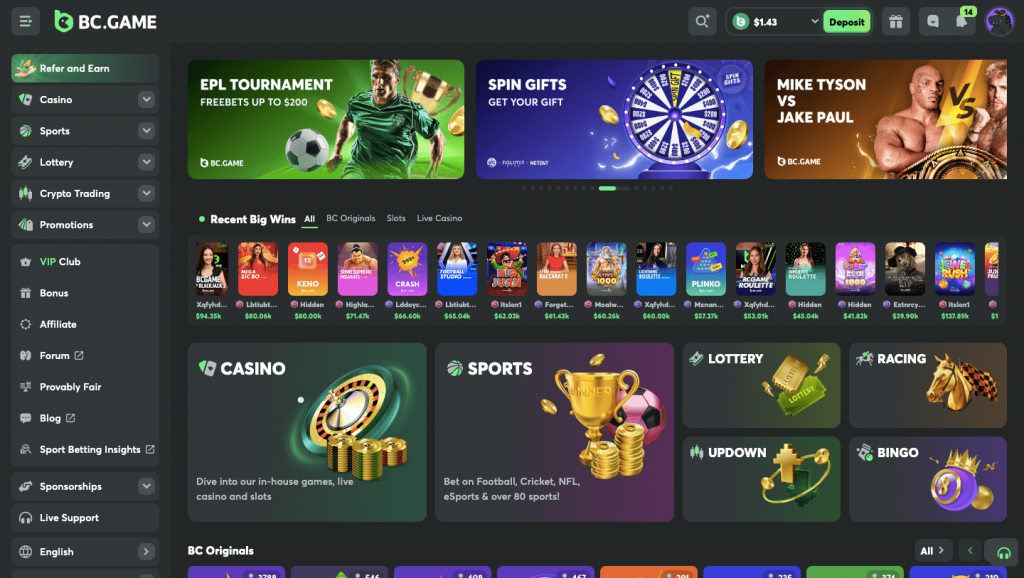
Provably Fair Games
The concept of provably fair games is one of blockchain’s lasting contributions to the gambling sector. These games use cryptographic algorithms to allow players to verify the fairness of every round or bet they participate in.
This level of transparency builds trust between the casino and its users, ensuring that outcomes aren’t rigged.
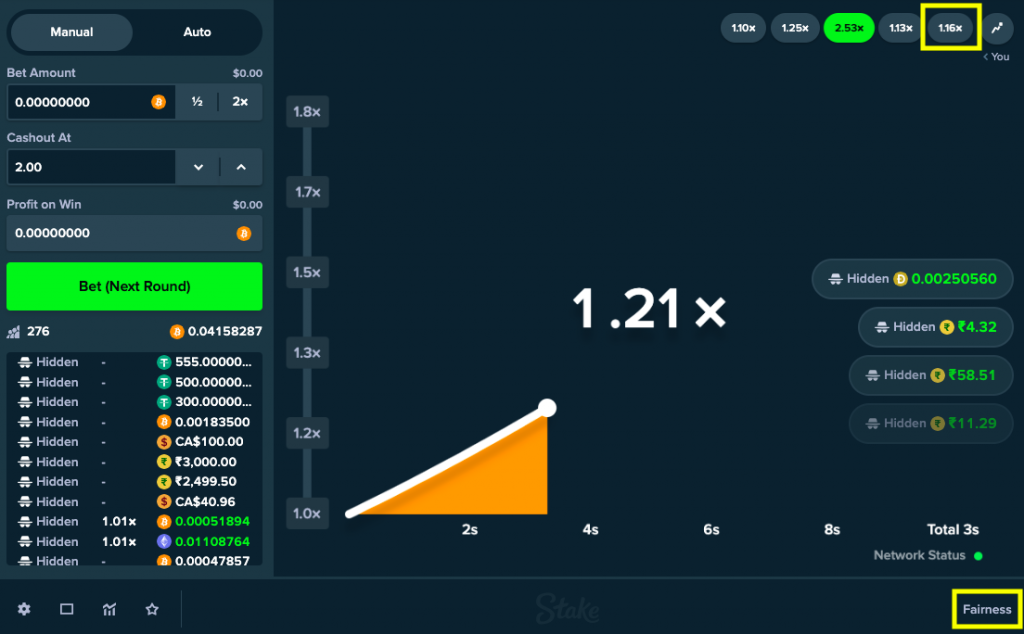
Play-to-Earn (P2E) Games
Another significant development enabled by blockchain is the rise of Play-to-Earn (P2E) games. These games allow players to earn cryptocurrency or NFTs (non-fungible tokens) simply by participating.

The success of P2E games shows that blockchain technology can offer novel, rewarding gaming experiences.
What The Data Tells Us
While decentralized casinos promised a fairer and more transparent future for gambling, they were held back by scalability challenges and regulatory uncertainties.
Despite their initial appeal, the limitations of fully or partly decentralized platforms meant they could not always keep up with the demands of a rapidly evolving industry.
The three main facts we can take away from this research are:
- Even though Dapps have demonstrated resilience, with a 64.29% survival rate, the competition and complexity of partly decentralized platforms have seen many exit the market.
- In contrast, crypto casinos have struck a balance, offering the speed and user-friendly experience of traditional online casinos while integrating key blockchain benefits like cryptocurrency payments and provably fair games. With simpler regulatory compliance and better scalability, crypto casinos have managed to attract a wider audience.
- As the data shows, even some decentralized platforms have transitioned to the crypto casino model—an indication that crypto casinos are becoming the dominant force in blockchain gambling.

